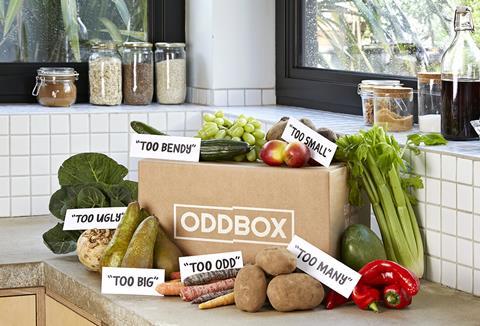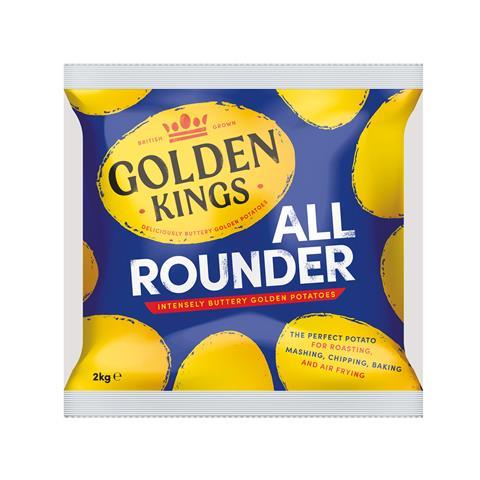Katy Pook, brand and marketing manager at Golden Kings Potatoes, explains how fruit and vegetable brands can build long-term emotional connections with their consumers

The cost-of-living crisis retains its grip on consumer spending and decision-making. Shoppers are seeking better value and lower grocery costs, without compromise on quality. On top of this, according to Which?, trust in the grocery sector continued to decline in 2023. So, how can brands leverage their value proposition, entice new consumers, and build trust while being sympathetic to economic concerns?
Spend in the premium tier has declined, with many shoppers switching to more standard-tier products. However, forward-thinking brands are still able to disrupt their categories, showing it remains possible to add value and drive more sales. Those looking to cement their position with cost-conscious consumers need a clear proposition and a consistent message. They need to humanise their brand to forge an emotional connection with the buyer. This will determine which products end up in our baskets.
Take Pink Lady. As well as its investment in an attractive visual identity, the brand is built on several core drivers. We’re talking about key taste and quality messages. In addition to convenience, ethics and newness, these are pillars through which brands can add value. New brands looking to cut through need to clearly communicate their value, and cement the idea of a longer-term relationship, to secure their spot in baskets.

This can be done in a variety of ways, and savvy brands know this does not have to involve huge discounts. Showing your consumers you know what is happening in their lives, understand their pain points, and want to help, is critical to building a brand.
Adding value away from the point of purchase can trump the cost debate, because humanity and consistency supersede when emotional connections are forged. In this transaction, the product itself is only part of the prize. Brands that can show they stand for something succeed. Sustainability is a key driver; consumers want to support brands that elevate their own sustainable credentials, with little effort on their part.
Outside of FMCG, Oddbox, a purpose-led brand, drives a no-waste message coupled with wellness. This added value meets a consumer need whilst playing to their interests and values. Therefore, the product becomes something they will happily spend money on, which otherwise may have gone to waste.

With younger shoppers, it’s in the digital world that connections are formed. Unless it is particularly disruptive, and amplified by digital PR, out-of-home advertising will no longer convert these consumers in the way it might have done in previous years. Instead, good brands are communicating subtly and consistently, embracing new platforms and strategies. This means becoming a part of the consumer’s world before starting to sell, whether that’s by using TikTok or deploying an influencer marketing strategy.
With aligned values, it’s clear that reaching young consumers is easier for brands willing to take more digital marketing chances.
At Golden Kings, we’ve started with great taste, quality, and a consistent size profile. And we’re offering the product at an accessible price point. It’s an opportunity to shake up a category where little has changed in some time, and this gives us scope to entice new shoppers and nurture them over time.



